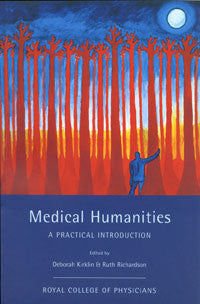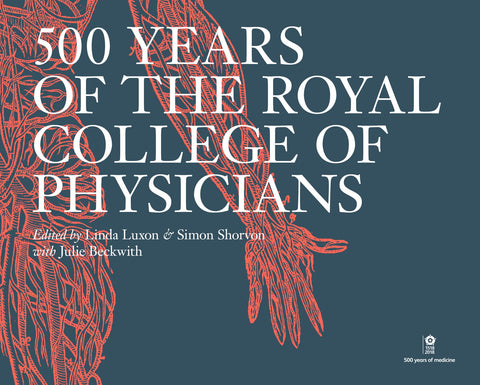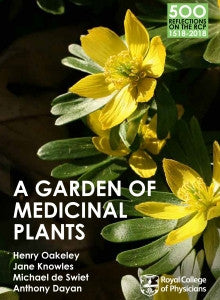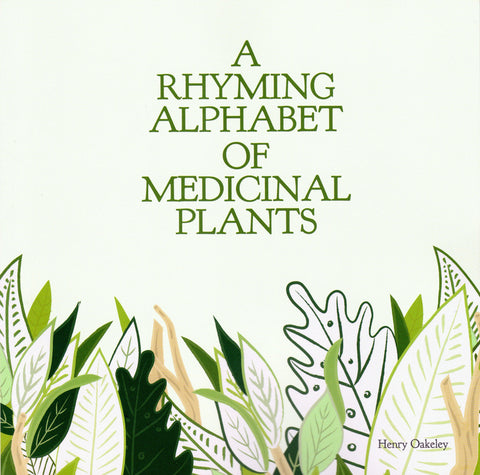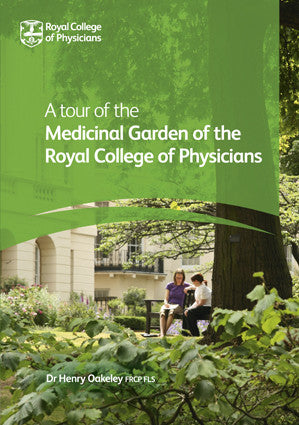This (is an) excellent introduction to the rapidly expanding discipline of medical humanities... we are left with a clear understanding of an enlarged role for every physician, practising medicine as a human practice.
(The Lancet Vol 358 21 July, 2001)
Medical humanities is a rapidly emerging academic discipline, bringing together scientific and humanistic insights into what it means to be human. Its aim is to encourage a fuller understanding between patients and those who care for them. This volume examines the impetus to incorporate the arts into the science of medicine, providing a pragmatic introduction for readers new to the field and act as a source of fresh ideas and perspectives for those who are not.
The editors have brought together a variety of viewpoints - from patients to policy makers, and from artists to healthcare professionals - demonstrating the potential educational gains that can be achieved from interdisciplinary work. The book describes how the use of literature, art, film, creative writing, drama, medical history and philosophy can educate health care professionals in the value of the arts within medicine. This is illustrated with examples from established practitioners of medical humanities, showing how the arts can support healthcare workers in an increasingly stressful work environment. It also outlines undergraduate and postgraduate courses that facilitate the improved understanding of the human impact of illness, and discusses the role of the humanities in allowing practitioners to reflect on the strengths and weaknesses of their own practices.


